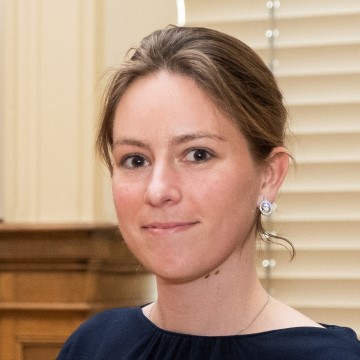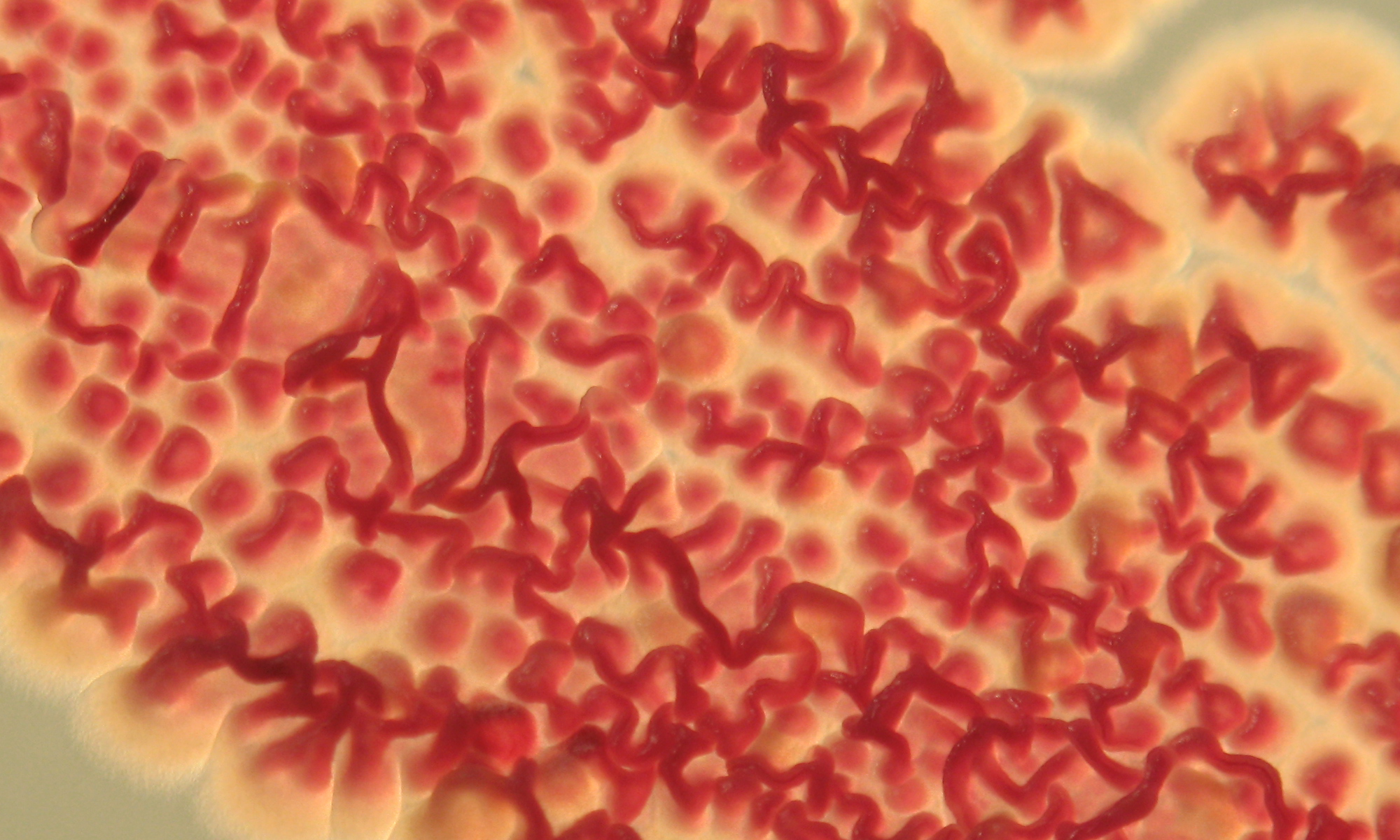Unveiling the iterative assembly of hybrid specialized lipid antibiotics
Joleen Masschelein,
Laboratory for Biomolecular Discovery and Engineering, Department of Biology, KU Leuven, 3001 Heverlee, BE, VIB-KU Leuven Center for Microbiology, 3001 Heverlee, BE
Microorganisms produce a wealth of specialized metabolites with highly diverse chemical structures and important industrial applications. The zeamines are an unusual group of long-chain polyamine antibiotics produced by host-associated bacteria that exhibit potent activity against a broad spectrum of organisms, including bacteria, fungi, plants and nematodes. They are assembled by an unprecedented combination of polyketide, nonribosomal peptide and polyunsaturated fatty acid (PUFA) synth(et)ase-like biosynthetic machinery. A bioinformatic search has indicated that such hybrid biosynthetic pathways are not an isolated occurrence and are likely involved in the biosynthesis of a range of bioactive, hybrid specialized lipid metabolites that have remained elusive so far.
In this study, we deciphered the iterative biosynthetic logic of zeamine assembly. The zeamine II pathway has evolved from PUFA synthases and has acquired additional functionalities, including a cis-acting aminotransferase, ketoreductase and thioester reductase domain. Using a combination of bioinformatic analyses, in vivo mutagenesis, in vitro enzymatic assays, chemical synthesis and X-ray crystallography, we functionally characterized each catalytic domain and elucidated their substrate selectivity. Moreover, we reconstituted the entire zeamine II pathway in vitro, providing important insights into the iterative programming of this unusual assembly line. Finally, we also provide insights into an enzyme that confers zeamine resistance by targeting the polyamine chain. Our findings thus provide insights in a new class of hybrid specialized lipid metabolites and open up new opportunities for rational engineering of novel polyamine analogues with improved pharmacological properties.
Chem. Sci. 2015, 6, 923–929
Appl. Environ. Microbiol. 2015, 81, 1139–1146
PLoS One, 2013, 8, e54143

Joleen Masschelein has an M.Sc. in Bioscience Engineering (2009) and obtained her PhD in 2015 at the Department of Biosystems at KU Leuven (Belgium). She was subsequently awarded a Marie-Sklodowska Curie Individual Fellowship from the European Commission to join the group of Prof. Greg Challis in the Department of Chemistry at the University of Warwick (UK). In 2017, she moved to the Laboratory for Medicinal Chemistry at KU Leuven as a postdoctoral research fellow of the Research Foundation – Flanders.
In 2020, she was appointed as an Assistant Professor at the Department of Biology at KU Leuven and as a Group Leader at the VIB-KU Leuven Center for Microbiology. She is also a Visiting Professor at the Tianjin Institute for Industrial Biotechnology in China. In 2023, she was awarded an ERC Starting Grant and she currently serves on the editorial advisory boards for the journals JACS Au and Synthetic and Systems Biotechnology.
Her research is focused on the discovery, biosynthesis and mode of action of bioactive natural products from host-associated bacteria. She is particularly interested in microbiome biosynthetic engineering for in vivo therapeutic or agrochemical applications.
